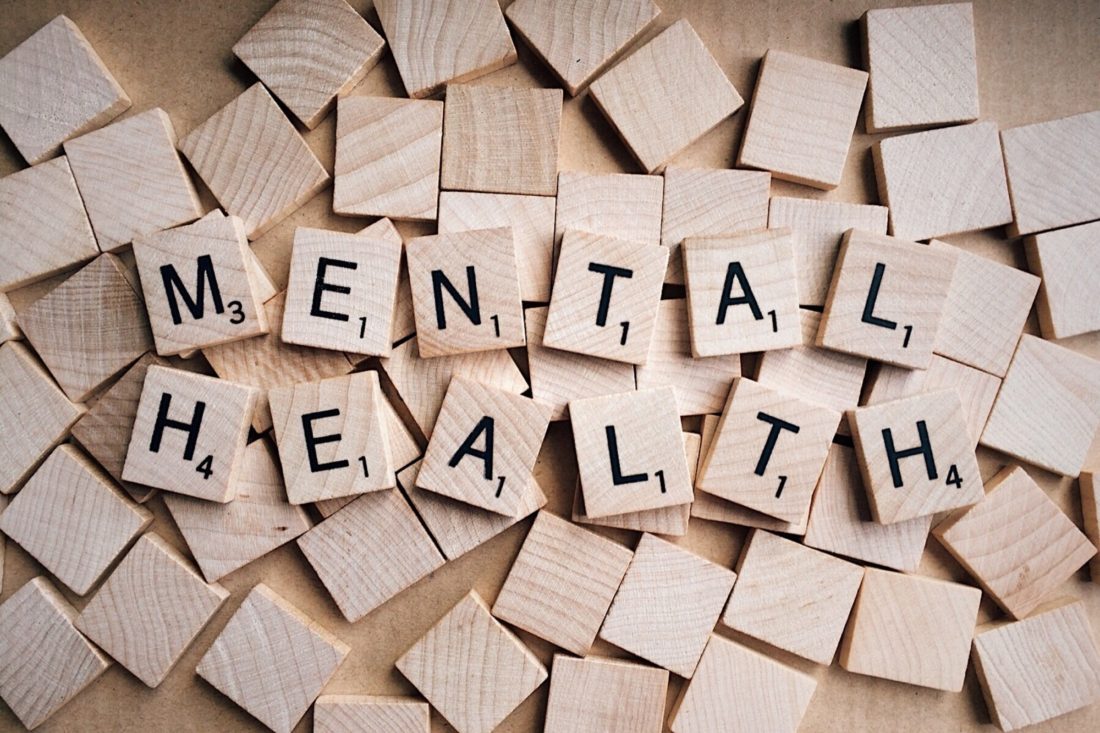Ketamine Facts: 3 Big Benefits of Using Ketamine for Your Mental Health
 Maybe you have heard of ketamine before, but it’s equally likely that you have not. It is a rather unique drug that doctors have used to help both animals and humans since the 1960s.
Maybe you have heard of ketamine before, but it’s equally likely that you have not. It is a rather unique drug that doctors have used to help both animals and humans since the 1960s.
Regardless of what you know or don’t know about ketamine, you might be surprised to learn about its many applications for relief or management of mental health issues.
More and more medical researchers are studying the use of ketamine to help treat conditions like depression and PTSD with great success.
Read on to learn some ketamine facts and to find out how and why this drug is today being used in this manner, and how it can be a huge help to the people who try it under a doctor’s supervision.
What Is Ketamine?
If you’ve never heard of it before, you may be wondering “What Is Ketamine?, anyway?”
Ketamine is classified as a dissociative anesthetic which means it has properties of both categories of drugs.
Dissociative drugs offer a sensory experience that alters the user’s sensory perception. They may also inspire a feeling of detachment from one’s body.
Anesthetics, on the other hand, are a much more familiar category of drugs. These dull, reduce, or block pain, and are very beneficial for surgeries and other medical procedures.
Ketamine was originally developed for the latter purpose. It was marketed as a fast-acting anesthetic with few side effects. It was patented for both human and animal use in 1966 by Parke Davis Research Laboratory and was fast-tracked for use as a battlefield anesthetic in the Vietnam War.
For decades, ketamine was only used medically for this purpose. Both medical doctors and veterinarians used ketamine to help their patients manage pain. Its use is most widespread and common in veterinary medicine today.
Ketamine Facts for Mental Health Care
Although ketamine has been viewed mostly as an anesthetic for decades, researchers are beginning to take a closer look at the dissociative properties of this drug and its potential use for mental health treatment. Why might it work? Read on to find out.
1. Fast Action
One reason why ketamine may be useful for mental health treatment is the fact that it is fast-acting. Many anti-depressants take weeks or even months to build up in the patient’s system and this can result in a major delay to that patient’s relief.
Ketamine, on the other hand, works immediately. Patients who have tried it for depression find that they feel better faster than patients on traditional anti-depression drugs.
2. Few Side Effects
One reason many people dislike taking traditional medications for depression is the many side effects that come along with it. Patients often complain of issues such as weight gain, nausea, drowsiness, insomnia or constipation or some combination of these; these side effects are not present after using ketamine.
3. Trauma Processing
Sadly, many mental health issues are triggered by exposure to trauma. Trauma often leads to PTSD and a terrifying experience can stay with an individual for decades. When used in a supervised environment, ketamine can help individuals to work through past traumas and can eventually help them find relief for the past that haunts them.
Ketamine Has Promise
Although the application of ketamine for mental health treatment is still in its infancy, it shows great promise. Many doctors and mental health professionals are quite excited about these ketamine facts and about the possibilities in general.
Keep an eye on this developing story; although it’s not well known yet, someday, ketamine may become a household name.
If you are interested in reading more about new ideas in the areas of business and lifestyle, check out the rest of our site for many other intriguing articles.









